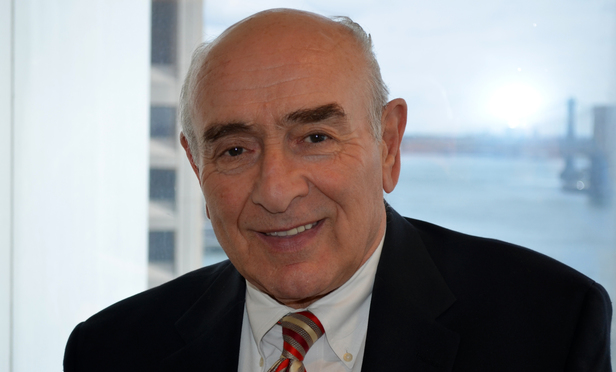Over the years, this column has featured much discussion on a growing trend I have called “Trial By Literature.”1 This phenomenon involves experts testifying about the content of published articles they did not author and about results of research they did not perform. It is as if the hearsay article itself is “testifying.” The author or researcher is not. Usually, they are not even in the courtroom. The author is unavailable to be cross-examined. Instead, the testifier-expert acts as a conduit for those article excerpts the testifier elects to use or to emphasize. This dynamic presents awesome problems for lawyers opposing or challenging the expert’s testimony. Judges, too, are challenged mightily for they are “gatekeepers” of reliability of expert testimony.
It is axiomatic that experts testifying on scientific and technical subjects must meet standards of evidentiary reliability.2 But what happens when the hearsay literature the expert-testifier wishes to use actually amounts to “junk science”? What if the findings, foundations, methodologies, conclusions or opinions in the article are suspected of being unreliable? Worse, what if they were fraudulent or flawed? The testifier may attempt to vouch for the literature (or the authors) but that would amount to mere belief. The article is hearsay for the testifier as well. He didn’t write it nor did he do the research. So, how can he be the objective arbiter of the article’s reliability?



